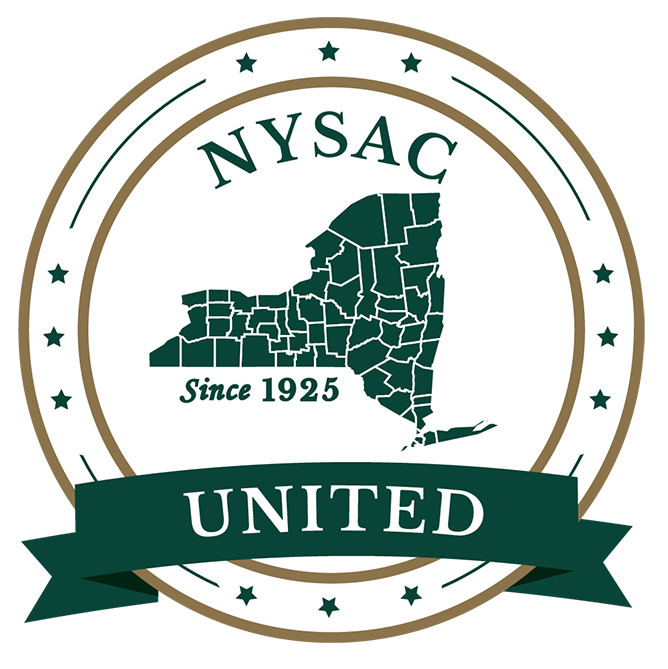Seeking Fairness: Navigating New York’s Complex Real Property Tax Foreclosure Challenges
As state legislators debating how to bring New York State law into compliance with the Supreme Court’s Tyler vs. Hennepin County ruling, a recent Times Union editorial painted a one-sided picture of the property tax foreclosure process in New York State, misrepresenting the motives of county governments and overlooking the complexities and practical implications faced by counties across the state.
First, the premise that this is a “county issue” is incorrect. This function is performed in New York by counties, cities, and towns on behalf of the state and under State law. The state set up this system to ensure fairness to those paying the taxes, to collect enough property taxes so local governments can provide state-mandated services, and most significantly, for counties to make schools whole in real time when property owners fail to pay taxes.
The requirement for counties to make other taxing jurisdictions – school districts, towns, and others – whole for delinquent property taxes is unique to New York State and costs counties hundreds of millions of dollars annually.
Second, the editorial’s portrayal of counties as profiteers in the property tax foreclosure process is both misleading and unjust. Foreclosure on a property occurs only after years of attempting to work with delinquent landowners to pay their taxes. Unfortunately, there must be consequences for prolonged non-payment, especially when it affects the ability of local governments to continue to provide services to all residents and function effectively.
Counties do not simply “pocket” surplus funds from foreclosure sales. Many properties are sold for far less than the delinquent taxes due, and others are never sold because they are not marketable.
Surplus funds from foreclosure sales funds help offset the substantial costs counties incur in carrying out foreclosure proceedings and holding other taxing jurisdictions harmless. Additionally, surpluses from some sales are used to mitigate losses on other parcels, ensuring that the tax burden is not disproportionately shifted to other property owners within the county.
The suggestion that counties have “unjustly profited” from foreclosure sales fails to acknowledge the financial strain and administrative burden placed on them throughout this process.
Counties are not motivated by profit but rather by the necessity to comply with the state law while maintaining essential – and often state-mandated services for residents, including Medicaid, child and adult protective services, foster care, and many others. In fact, this year alone, counties and New York City will send $14 billion in local taxes to Albany to pay for a handful of state programs.
Rather than calling for a fiscally disastrous remedy that requires counties to reimburse delinquent taxpayers at the cost of local services and higher taxes, we should use this opportunity to bring New York’s tax foreclosure system in line with the rest of the nation. It should be the state, and not local governments, that ensures schools and local government services go uninterrupted, and it should be the State that takes responsibility for foreclosing on properties they feel are now in debt to them.
NYSAC remains committed to advocating for a legislative solution that upholds the rule of law and achieves balance between property rights and the interests of counties and all their residents.
Contact Us
New York State Association of Counties
515 Broadway, Suite 402
Albany, NY 12207
Phone: (518) 465-1473
Fax: (518) 465-0506

